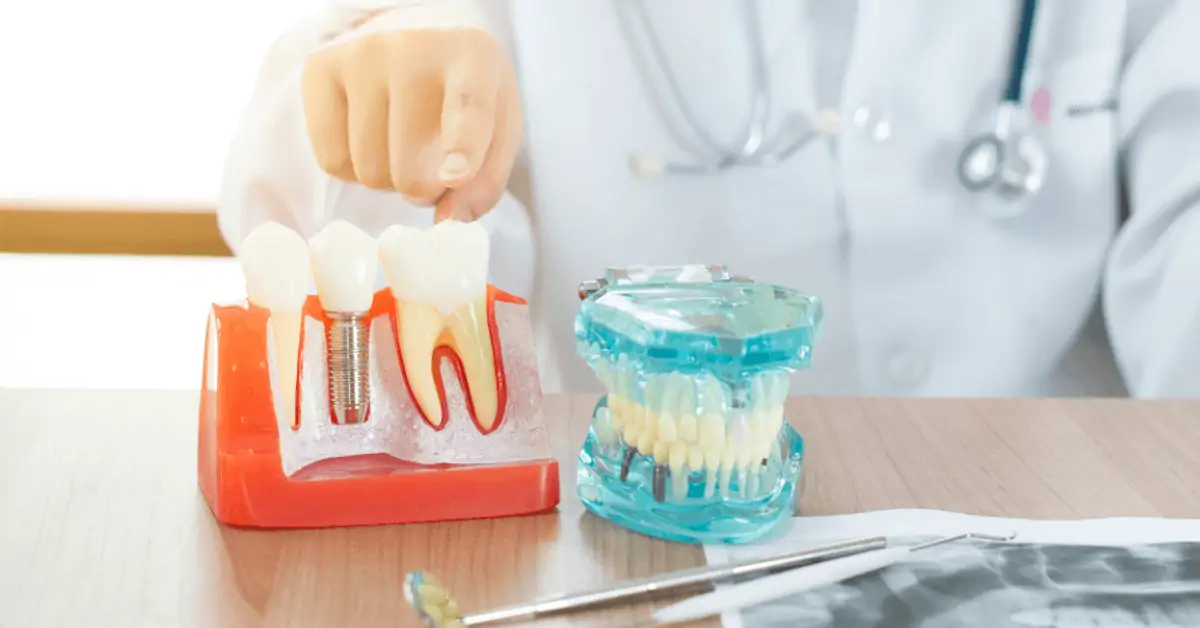The field of implant dentistry continues to evolve rapidly, with Same-Day Dental Implants becoming more accessible and efficient due to technological innovations. Among these advancements, robotic-assisted surgery is gaining attention for its potential to enhance precision and outcomes. But is robotic-assisted surgery currently used in same-day implant procedures? This article explores the role of robotics in dental implantology and how it impacts same-day dental implant treatments.
What is Robotic-Assisted Surgery in Dentistry?:
Robotic-assisted surgery involves the use of robotic systems to aid surgeons during dental procedures.
- Combines computer-guided technology with robotic arms for enhanced control
- Provides surgeons with real-time feedback and increased accuracy
- Assists in precise implant placement by following pre-planned surgical guides
- Aims to reduce human error and improve patient outcomes
Application of Robotics in Same-Day Dental Implants:
Robotic systems are gradually being integrated into same-day implant procedures, but widespread adoption is still emerging.
- Used to guide implant drills with micron-level precision during surgery
- Helps in minimally invasive procedures, preserving bone and soft tissue
- Supports real-time adjustments based on patient anatomy during the procedure
- Still limited to specialized clinics with access to advanced robotic technology
Benefits of Robotic Assistance for Implant Patients:
Robotic-assisted surgery offers several advantages for patients receiving same-day dental implants.
- Increased surgical accuracy reduces the risk of nerve damage and sinus perforation
- Minimally invasive approach results in less pain and faster recovery
- Consistency in implant placement enhances osseointegration and long-term success
- Potentially shorter procedure times due to enhanced efficiency
Limitations and Challenges of Robotic Surgery:
Despite its benefits, robotic-assisted surgery faces challenges that impact its use in same-day implants.
- High cost of robotic equipment limits availability to select dental centers
- Requires specialized training for dentists to operate robotic systems effectively
- Current systems may still rely heavily on surgeon control rather than full automation
- Integration with same-day implant workflows is evolving but not yet universal
Comparison with Traditional Computer-Guided Implant Surgery:
Robotic-assisted surgery builds upon existing computer-guided implant techniques but with added precision.
- Both use 3D imaging and surgical guides to plan and execute implant placement
- Robotics adds mechanical assistance and haptic feedback for improved control
- Computer-guided surgery is more widely available and less costly
- Robotics may offer better adaptability to intraoperative changes
Future Prospects of Robotics in Same-Day Implantology:
The future looks promising as robotics continues to advance and integrate with dental implant procedures.
- Development of fully automated robotic systems for implant placement
- Enhanced AI integration to assist with decision-making and error correction
- Broader accessibility through cost reduction and training programs
- Potential for robotic systems to manage entire same-day implant workflows from planning to restoration
Final Thoughts:
While robotic-assisted surgery is not yet a standard practice in Same-Day Dental Implants, it represents a significant leap forward in dental implant technology. The precision, control, and minimally invasive benefits offered by robotics hold great promise for improving patient outcomes and procedural efficiency. As technology advances and becomes more accessible, robotic assistance may soon become a common feature in same-day implant clinics, further enhancing the speed and success of implant treatments.

